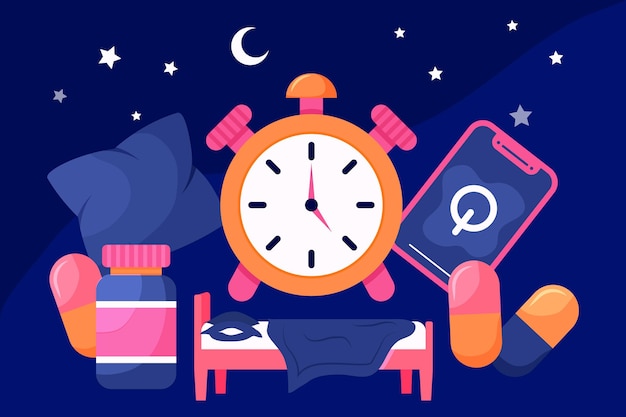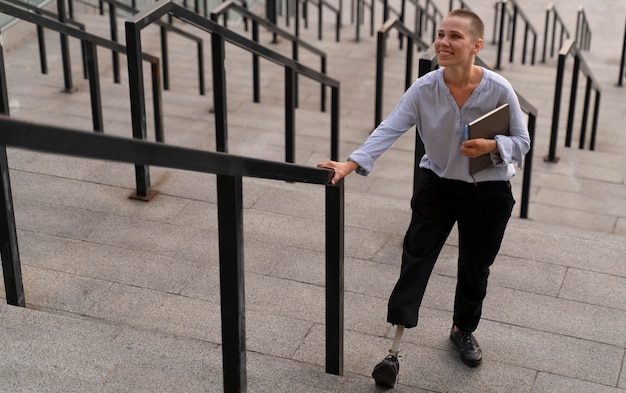In today’s fast-paced work environment, staying healthy often takes a backseat. Long hours, constant meetings, and digital overload make it easy to skip meals, skip workouts, and sacrifice sleep. But what if you could integrate simple, science-backed healthy habits into your routine—without adding more stress?
This comprehensive checklist is designed specifically for busy professionals who want clarity, sustainability, and real results. We’ll break down what to do, why each habit works, and how to adapt it to your unique schedule.

Quality sleep is the foundation of mental clarity, emotional resilience, and physical health. Chronic sleep deprivation increases the risk of heart disease, weakens immunity, and impairs decision-making.
Why it works: During deep sleep, your brain consolidates memories and clears toxins. Your body repairs tissues and balances hormones like cortisol and insulin.
How to adapt: Set a consistent bedtime—even on weekends. Power down devices 60 minutes before bed. Use blackout curtains or a sleep mask. If you travel frequently, use white noise apps to maintain sleep consistency.

After 6–8 hours without water, your body is naturally dehydrated. Starting your day with 16 oz of water kickstarts metabolism and improves alertness.
Why it works: Dehydration as mild as 2% can reduce concentration, mood, and physical performance. Water supports digestion, circulation, and temperature regulation.
How to adapt: Keep a glass or bottle of water on your nightstand. Add a slice of lemon for flavor and a mild digestive boost. Set hourly phone reminders if you tend to forget.
Skipping breakfast or opting for sugary options leads to energy crashes and overeating later. A protein-rich breakfast stabilizes blood sugar and sustains energy.
Why it works: Protein increases satiety and reduces cravings. It also supports muscle maintenance and cognitive function.
How to adapt: Choose quick options like Greek yogurt with nuts, a hard-boiled egg with avocado, or a protein smoothie. Prep ingredients the night before.

Sitting for long periods increases the risk of obesity, cardiovascular disease, and back pain. Short movement breaks reset your posture and circulation.
Why it works: Light activity boosts blood flow to the brain, improving focus and creativity. It also reduces muscle stiffness and prevents metabolic slowdown.
How to adapt: Use a smartwatch or calendar alert to stand, stretch, or walk for 2–5 minutes hourly. Try walking meetings when possible. Use a standing desk or improvise with a high table.
Eating at your desk or while scrolling leads to overeating and poor digestion. Mindful eating improves satisfaction and portion control.
Why it works: It activates the parasympathetic nervous system, which enhances digestion. You become more aware of hunger and fullness cues.
How to adapt: Take 10–15 minutes to eat lunch away from your screen. Chew slowly. Notice textures and flavors. Even one mindful meal a day makes a difference.
Constant task-switching drains mental energy. Structured work blocks improve productivity and reduce decision fatigue.
Why it works: Deep work sessions (25–90 minutes) align with natural attention spans. Fewer interruptions mean higher-quality output.
How to adapt: Use time-blocking calendars. Turn off non-essential notifications. Start with one 60-minute focus block daily and expand gradually.

Without closure, work stress spills into personal time. A shutdown ritual signals your brain that the workday is over.
Why it works: It reduces rumination and improves sleep quality. You gain clarity on tomorrow’s priorities.
How to adapt: Spend 5–10 minutes reviewing completed tasks, organizing your to-do list, and writing down lingering thoughts. Turn off work email notifications after hours.
Loneliness and isolation are linked to increased stress and reduced longevity. Strong social connections improve resilience and job satisfaction.
Why it works: Positive interactions release oxytocin, which reduces cortisol levels. Social support buffers against burnout.
How to adapt: Schedule short check-ins with colleagues or friends. Join a professional group or hobby club. Even brief, meaningful conversations count.
You don’t need a complete lifestyle overhaul to be healthier. Start with one or two habits that resonate with your current challenges. Track your progress weekly, and adjust based on energy, mood, and performance.
The goal isn’t perfection—it’s consistency. Over time, these small changes compound into greater clarity, resilience, and long-term well-being.

Wellness

Wellness

Wellness

Wellness

Health

Wellness

Health

Wellness

Wellness

Fitness

Wellness

Wellness

Health

Fitness

Health

Health